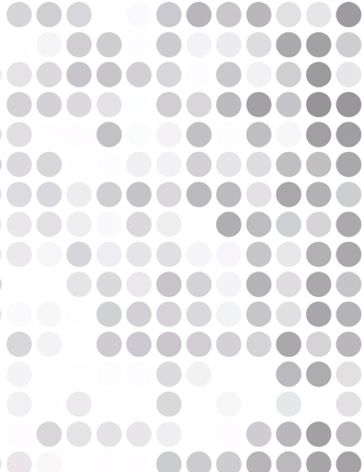Family-Centered Approach Modules
Lorem ipsum dolor sit amet, consectetur adipiscing elit, sed do eiusmod tempor incididunt ut labore et dolore magna aliqua. Faucibus purus in massa tempor nec feugiat.
Substance use disorders (SUDs) affect the entire family; they can interfere with a parent’s ability to take care of and bond with a child and can disrupt family health and well-being. Traditional SUD treatment focuses on the individual, despite evidence showing that parents and children are most effectively served through a family-centered treatment approach. A family-centered approach to SUD treatment provides a comprehensive array of clinical treatment and related support services that meet the needs of each member in the family, not only of the individual requesting care. The Family First Prevention Services Act offers a historic opportunity for child welfare agencies and their SUD treatment partners to expand and enhance family-centered interventions.
To help communities move toward family-centered care, the National Center on Substance Abuse and Child Welfare (NCSACW) prepared a series of companion modules on implementing a family-centered approach. This series is designed for state-, county-, and agency-level collaborative partners that are working together to improve systems, services, and outcomes for children and families affected by SUDs. The series includes:
- Module 1: Overview of a Family-Centered Approach and Its Effectiveness
- Module 2: On the Ground—Family-Centered Practice
- Module 3: Collaboration To Support Family-Centered Practices at the County and State Level
NCSACW recognizes that a family-centered approach extends well beyond the SUD treatment system, child welfare system, courts, and mental health services, and includes all other agencies and individuals who interact with and serve families. The work of all partners must reflect an understanding and responsiveness to the fact that parents and children live within the context of a larger family system and that families exist within the context of their community and culture. The cultural influences of race, ethnicity, religion, geography, and customs are considerations to prioritize when implementing a family-centered approach.
NCSACW strives to improve family recovery, safety, and stability by advancing best practices and collaboration among agencies, organizations, and courts working with families affected by substance use and co-occurring mental health disorders and child abuse or neglect. For more information about NCSACW, visit the NCSACW webpage or email us at ncsacw@cffutures.org.
Module 1: Lorem ipsum dolor sit amet, consectetur adipiscing elit, sed do eiusmod tempor incididunt ut labore et dolore magna al...

Module 2: Lorem ipsum dolor sit amet, consectetur adipiscing elit, sed do eiusmod tempor incididunt ut labore et dolore magna al...

Module 3: Lorem ipsum dolor sit amet, consectetur adipiscing elit, sed do eiusmod tempor incididunt ut labore et dolore magna al...

